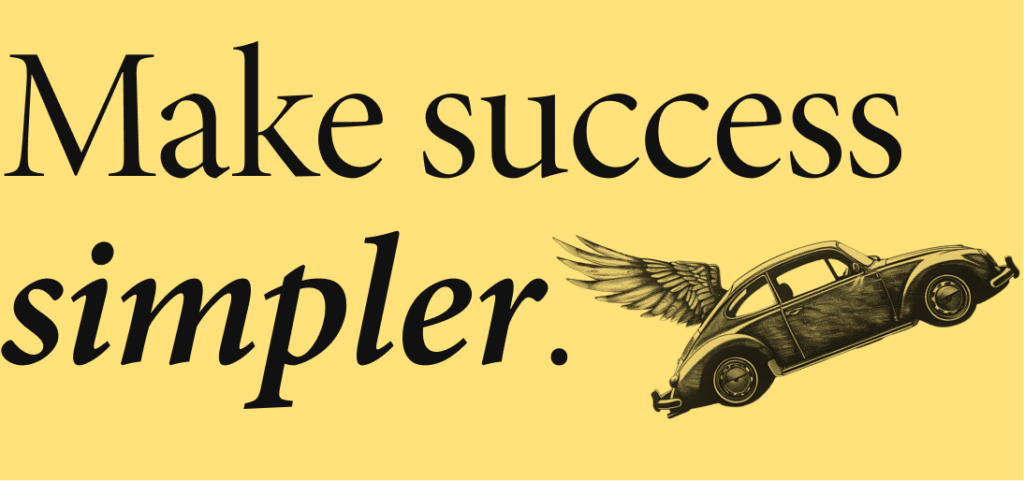Welcome to One Thing Better. Each week, the editor in chief of Entrepreneur magazine (that’s me) shares one way to level up — and build a career or company you love.
Today’s one thing: Trying to do it all perfectly.
That one thing, better: Doing it all imperfectly.
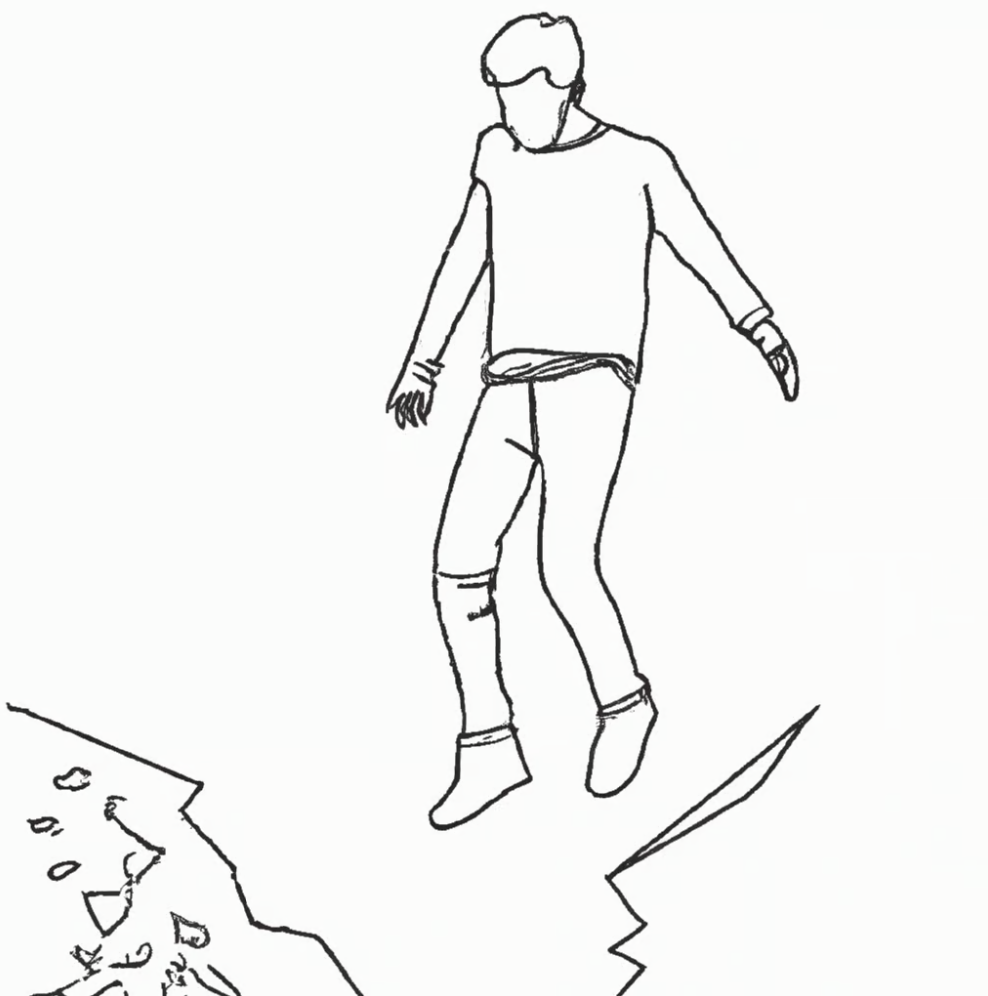
You’re working towards something.
But it’s not going as planned.
Maybe it’s taking longer. Or it’s harder. Or it’s more complicated. Or more frustrating.
Either way, you feel like you’re doing something wrong.
But what if… you’re doing it exactly right?
Today, I’ll give you a new way to think about progress — and the motivation to keep going. And I’ll start with a very personal example from right now.
Here’s my view from Crazytown.
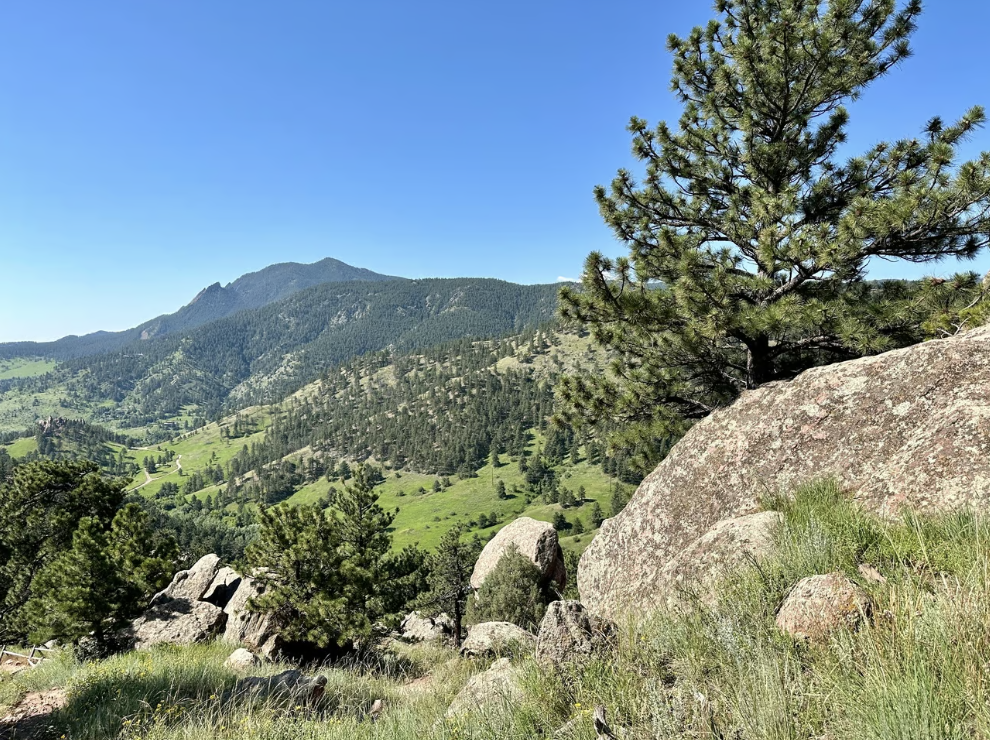
I’m wrapping up a month in Boulder, Colorado. And going into that month, I made a commitment to myself:
I will de-prioritize work.
Why? Because Boulder has things I want to enjoy — the outdoors, family, friends I don’t see enough. I wanted to take advantage of that, which meant morning hikes and afternoon coffees that cut into my work hours.
But of course, work didn’t stop. I just crammed it into fewer hours. This meant endlessly switching between two modes: I’d spend part of my day relaxing and enjoying, and part of the day frantically catching up.
“It’s making me feel crazy,” I told my friend Katherine Morgan Schafler, a psychotherapist and author of an incredible book about perfectionism.
Her response changed how I approached the rest of the trip, so I wrote it down. She said:
“I think it’s awesome that you’re making a concerted effort to make memories that don’t have to do with work. And so you’re not striking a balance perfectly, at the bullseye? You’re not at equilibrium all the time, or any of the time? It’s like, who cares? You have so many memories already, and that is a wonderful thing. The kind of thing you can underestimate in the moment it’s happening.
“It’s hard to juggle everything you’re doing — but I’ll tell you what’s not hard, and that’s to go a whole month without doing any of it. Without ever taking a bike ride, or having a conversation with your friends.”
This helped me relax. Because I realized — the point isn’t to do something perfectly. The point is to do it.
That means the accomplishment begins the moment you say “yes.”
The power of yes
Let’s play a game. I’m going to ask you to do two things.
First: Quick — congratulate yourself on a recent accomplishment!
Do you even have one in mind?
I… uhhh, don’t. “Accomplishments” are big things to me, and they don’t happen daily. Instead, I’m now thinking about all the stuff I want to accomplish but haven’t yet.
Next: Quick — congratulate yourself on saying yes to something!
Is this easier? It is for me. As I write this newsletter on one of my last, sunny Boulder mornings, I’m about to leave for a 10 a.m. hike with friends. I said yes to it yesterday.
The “yes” is easier because it’s not tied to outcome. It’s only tied to effort.
We don’t give ourselves enough credit for effort. In fact, culturally, we even demonize celebrating effort! Think of all the people who trash participation trophies because they think it teaches kids that winning doesn’t matter.
(Fun fact: That’s stupid. Participation trophies were created in the 1920s in response to the cultural exhaustion of World War I, and were considered a good thing for kids up until the 1990s. I did a lot of reporting on this.)
So what if we treated “yes” differently?
What if saying yes is more than just a casual thing we did? What if it’s… something to celebrate?
Actually, let’s do that.
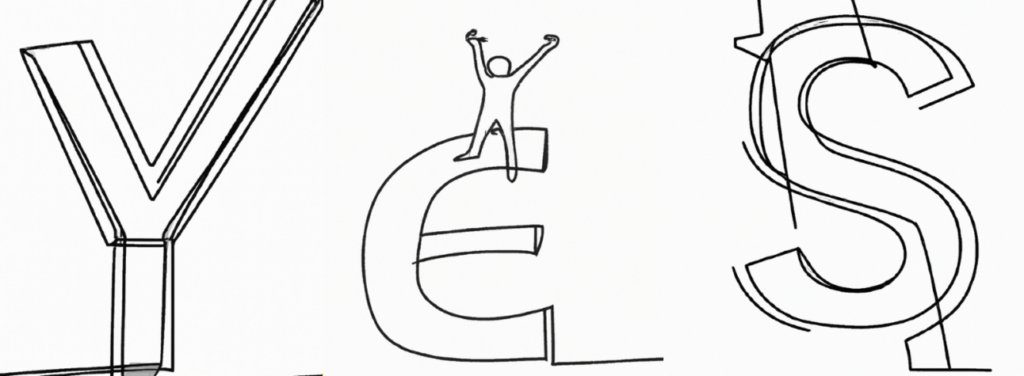
Right now, if your own work or life is making you feel a little crazy, try this:
List out five things you said yes to recently.
What “yes” is worth celebrating? Here’s the sole qualification: You had to consider your answer, however briefly.
Maybe you thought: I don’t have the time. I don’t have the energy. I’m not sure I like that. That sounds risky. That sounds uncomfortable. That’s weird.
But then you said yes anyway.
Here’s my list:
- Yes to that hike (even though I’d have less time for work).
- Yes to lunch with a former boss-turned-friend who lives an hour away (ditto).
- Yes to an unusual speaking engagement (which also pays way below my usual rate, but it sounded fun so whatever).
- Yes to exploring a new business idea with a friend (even though I don’t have the bandwidth, but I want to make it work).
- And yes to a big editing project (which I didn’t want to do because it’s so tedious, but the result will be great).
Some of these yeses advance my work. Some just restore my energy, which will be useful when I try to tackle work projects later. (For more on the importance of restoring energy, see this previous edition of my newsletter — also featuring my friend Katherine.)
Either way, now I — and you — have a lot of yeses to feel good about. And we have a habit to more consciously carry forward.
We could have said no. Other people have said no. But we chose progress.
Now please keep saying yes.
What I wrote above did not come naturally to me. I grew up as more of a “no” kid — the kind of person who defined himself by what he wouldn’t do, or who he wouldn’t hang out with. Those kids? Screw them. That music? Hate it. That party? Never.
But in college, I read an essay by the writer Dave Eggers that changed my perspective — which is why I then drove three hours to see him speak, where we took this very strange photo.
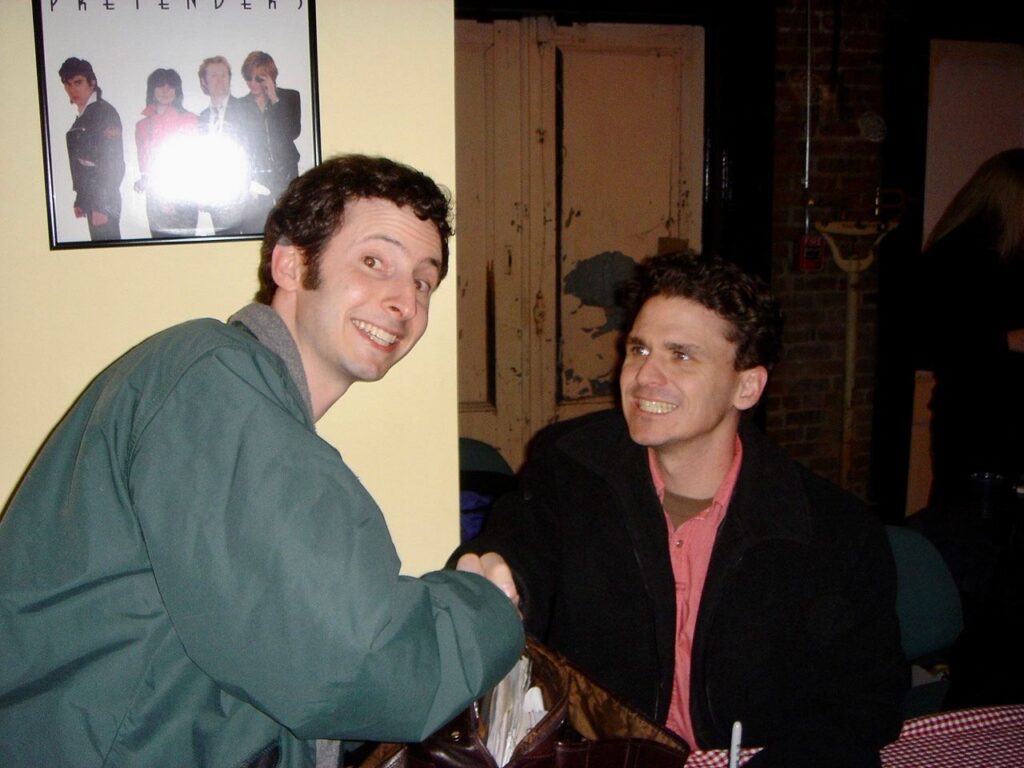
At the time, around the year 2000, Eggers was going from indie darling to Very Famous Writer Guy. Some people accused him of “selling out” — a concept that barely makes sense today, but back then was a grave insult. It meant abandoning your credibility for money.
His response to this was powerful. I’m struggling to not just copy and paste the whole damn thing into this email to you — so really, I suggest you read it all. But here’s just a bit:
“The thing is, I really like saying yes. I like new things, projects, plans, getting people together and doing something, trying something, even when it’s corny or stupid. I am not good at saying no. And I do not get along with people who say no. When you die, and it really could be this afternoon, under the same bus wheels I’ll stick my head if need be, you will not be happy about having said no. You will be kicking your ass about all the no’s you’ve said. No to that opportunity, or no to that trip to Nova Scotia or no to that night out, or no to that project or no to that person who wants to be naked with you but you worry about what your friends will say.
No is for wimps. No is for pussies. No is to live small and embittered, cherishing the opportunities you missed because they might have sent the wrong message.“
Later, he writes: “What matters is that you do good work. What matters is that you produce things that are true and will stand.”
That is what you are working to do right now.
And yeah, sure, it’s not easy. It’s slow-going. It’ll make you crazy. But you’re on that path because, at some point, you said yes to something. And that led to another yes. And then another. And now you’re saying yes more, again, often, as often as you can, even though it doesn’t turn out perfectly.
“Yes” got you here. And it’ll get you there. That’s worth celebrating, isn’t it, even in all its messiness and imperfection?
Yes, it is.
That’s how to do one thing better.
